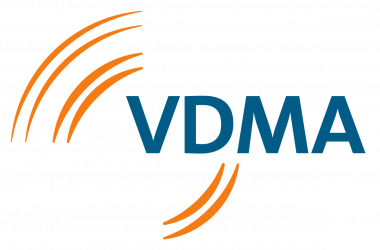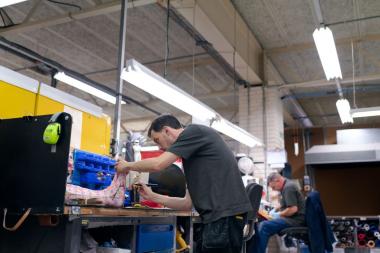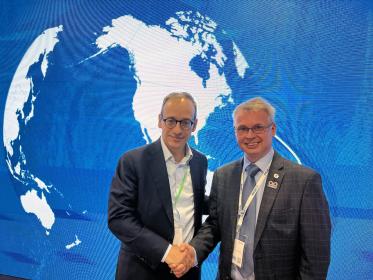ACIMIT: Italian textile machinery manufacturers at symposia in India
A new promotional initiative aims to boost trade relations between Italy and India in the textile sector. 11 Italian textile machinery manufacturers will be taking part in the forthcoming technological symposia scheduled in New Delhi and Mumbai from 9 to 12 April. The two events, organized by the Italian Trade Agency and supported by the Ministry of Foreign Affairs and International Cooperation, will allow Italian companies to showcase their technologies to a selected audience of Indian textile entrepreneurs.
The textile sector is of great significance in the Indian economy, contributing more than 2% of the GDP and allowing the Country to be among the largest exporter of textile and apparel items. Moreover India represents the third largest foreign market for the Italian textile machinery industry.
In 2022 India imported Italian textile machinery for a total value of about 200 million euro. Referring to the first 9 months of 2023, the value shows a slight decrease compared to the value for the same period of the previous year, but the forecast for the current year remains positive.
Italian companies participating in the symposia, all of which are ACIMIT members, are: Autefa, Cubotex, Danitech, Lafer, Mcs, Monti-Mac, Reggiani Macchine, Salvadè, Savio, Sicam, Testa.
ACIMIT - Association of Italian Textile Machinery Manufacturers




















